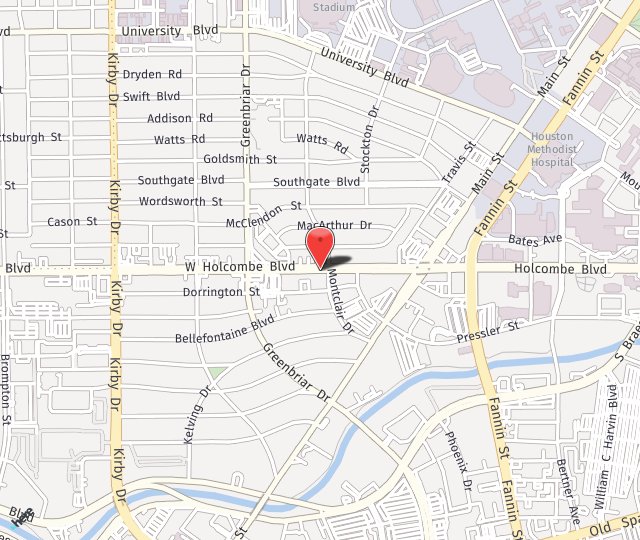While there are many factors in developing temporomandibular joint disorder, including genetics, injury and age, individuals with an autoimmune disease known as rheumatoid arthritis have a higher risk. This is because individuals with the condition experience chronic inflammation of the joints and the tissues that surround them.
The Jaw Joints
When you think of the joints of the body, you may immediately think of the hips and knees, the elbows and the ankles. But do you think about the jaw? The jaw can open and close, move front to back and side to side, because of two tiny joints known as the temporomandibular joints. These joints are located on either side of the head, just in front of the ear.
People with rheumatoid arthritis are frequently surprised to learn that they can develop conditions like TMJD, but RA can affect any joint in the body — even the jaw. Researchers are not sure why, but many people — as many as 90 percent of those living with RA— also experience TMJD issues and jaw pain.
The symptoms of TMJD include:
- Jaw stiffness
- A hard time opening and closing your mouth
- A popping or clicking sound when opening and closing the mouth, talking, yawning or chewing
- Tinnitus (ringing in the ears)
- Head, neck and back pain
Fortunately, TMJD is treatable, even for those living with RA. Some successful approaches to treat the condition include neuromuscular orthodontics to help better balance the jaw and the bite. This approach can help reduce the stress on the TMJs and reduce uncomfortable symptoms.
Other ways to help reduce the pain of TMJD include adding dental restorations to balance the bite and using fixed or removable appliances.
While treatments may be similar, there are some differences in treating the condition if you’re living with RA. Before beginning treatment for the TMJD, talk to your doctor
Ways to Reduce the Effects of TMD
Pain, particularly jaw pain, is unpleasant and can make it difficult to talk, eat, yawn or do much of anything else. Here are some tips that can help reduce or prevent jaw pain:
- Eat soft foods for a few days to rest the jaw
- Do not chew gum or chewy foods (candy, jerky, tough meats)
- Avoid opening your mouth too wide (yawning, talking)
- Use a heating pad or warm compress around the jaw
- Massage muscles that surround the jaw joint
- Do not clench your jaw
- Check your posture and avoid resting your jaw on your hand, as this can push your jaw out of alignment
Are you showing the signs of TMJD or experiencing jaw pain? We’d love to talk to you. Please schedule a consultation with us today by calling 713-668-2289.

